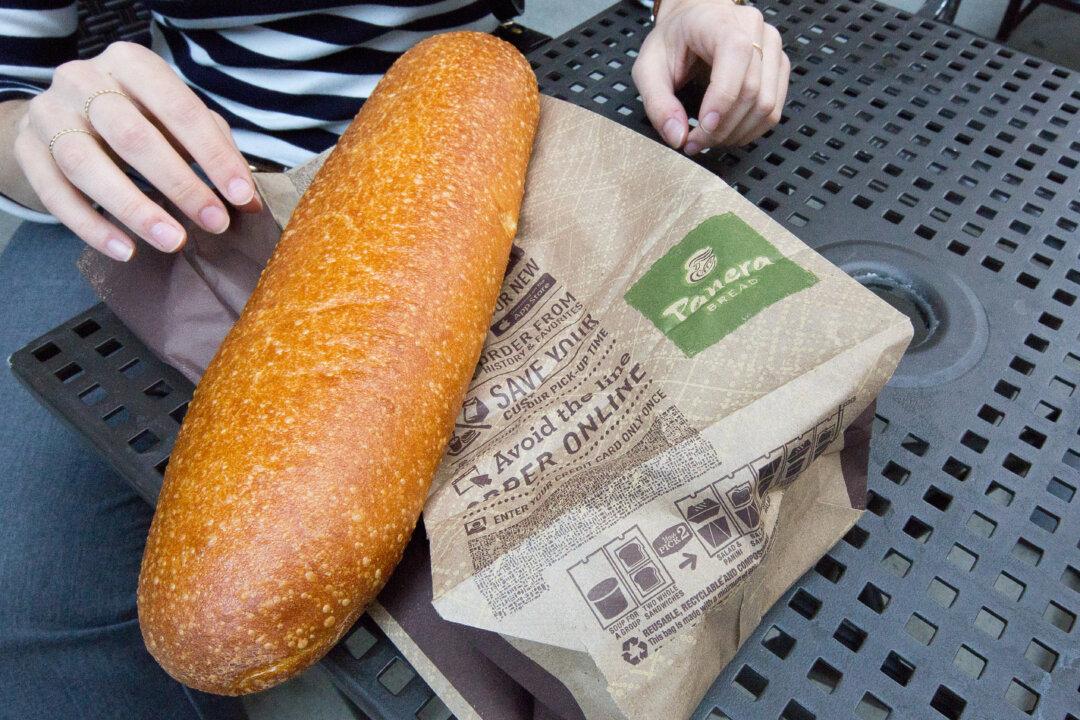Hopping on the recent trend of major U.S. food and restaurant companies turning healthy, the restaurant chain Panera Bread announced that it will eliminate a long list of artificial ingredients and preservatives from its menu by the end of next year.
The fast-casual chain prides itself on offering fresh, all-natural ingredients. On the company’s website, it describes its food policy like this: “We’re committed to sourcing and serving high-quality ingredients without artificial additives including added MSG, artificial trans fats, and ingredients we don’t believe need to be in your food.”
But judging from the newly published list of 81 types of food additives, food coloring, and preservatives it’s pledging to remove from its menu, it seems like Panera couldn’t completely steer clear of artificial ingredients commonly found in food products.
Granted, some of the ingredients on its “no no list”—as Panera calls it—have already been abolished, such as the artificial sweetener aspartame and MSG, the flavor enhancer.
But other artificial additives, such as disodium guanylate, a flavor enhancer commonly found in dried pasta products and seaweed products, and acesulfame K, an artificial sweetener, are still in the process of being phased out.






